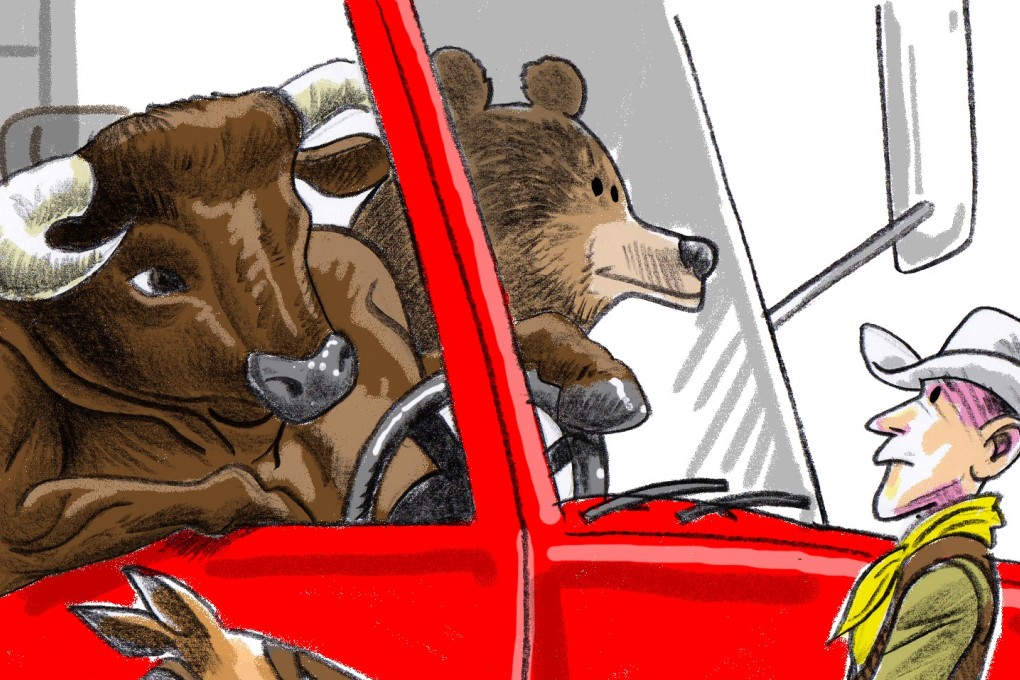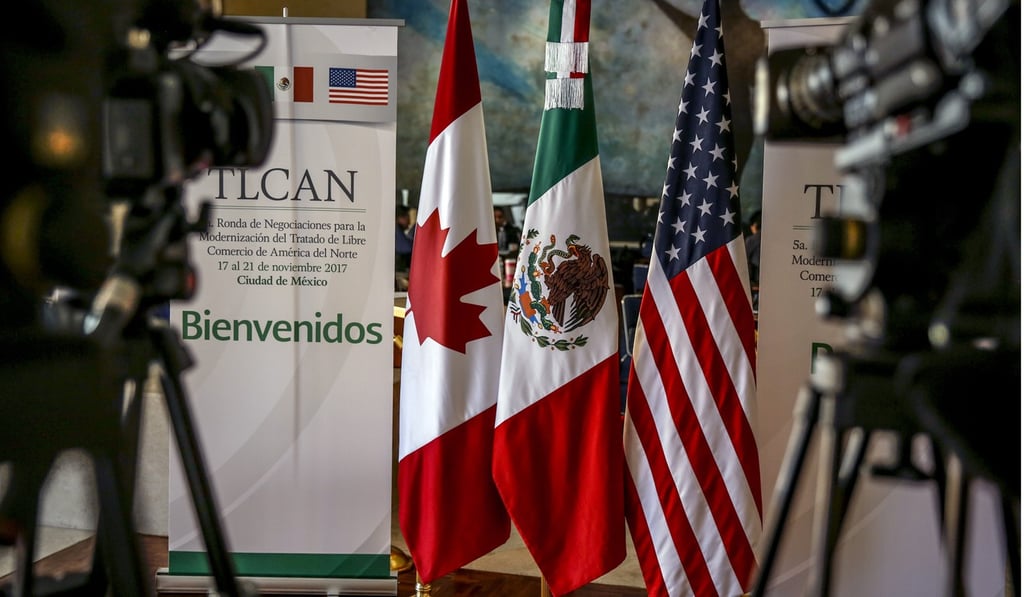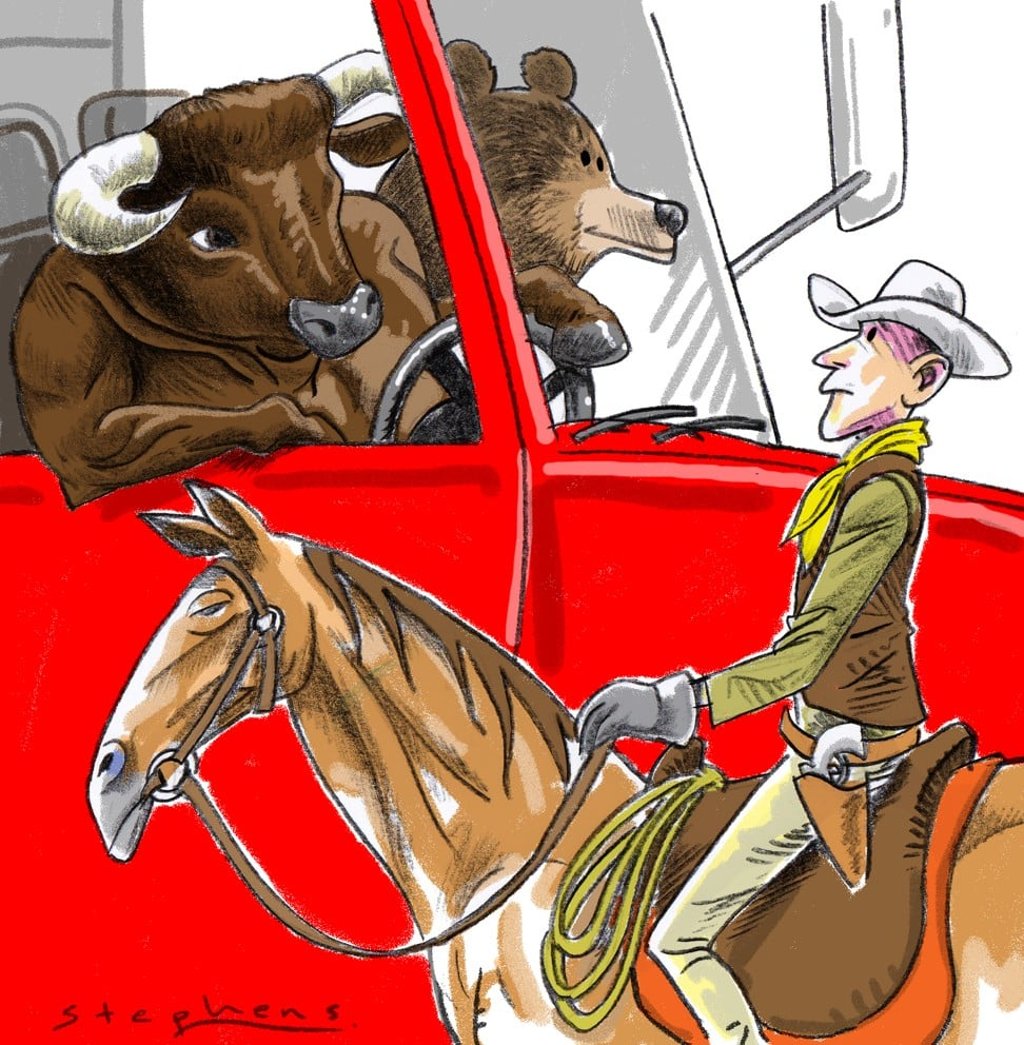As America falters and Europe declines, look east to see the future
Lord Green says a massive improvement in global well-being can accompany China’s ascension, and Hong Kong will be well-positioned to capitalise, provided potential regional minefields don’t blow up

Now, just three years on, the landscape looks very different. America has not gone away, of course: the dynamism and creativity of its economy should never be underestimated, and it would be unwise to short America for long. Yet, the fact is that America has not found it easy to share leadership on the world stage. And where leaders step away, others step in.
Trump humbled in China as Beijing visit underlines the new world order in Asia

Beijing, Washington move closer to trade war as Donald Trump-led investigations target China
This is in stark contrast with China, the driving force behind Asia’s rise. Soon it will be the world’s largest economy once again. This much we are familiar with. But this is just a milestone: the best central forecast is that China will continue to grow rapidly for another generation. So as its income per head approaches Western levels, it will not just be the largest economy in the world – it will be by far the largest.
